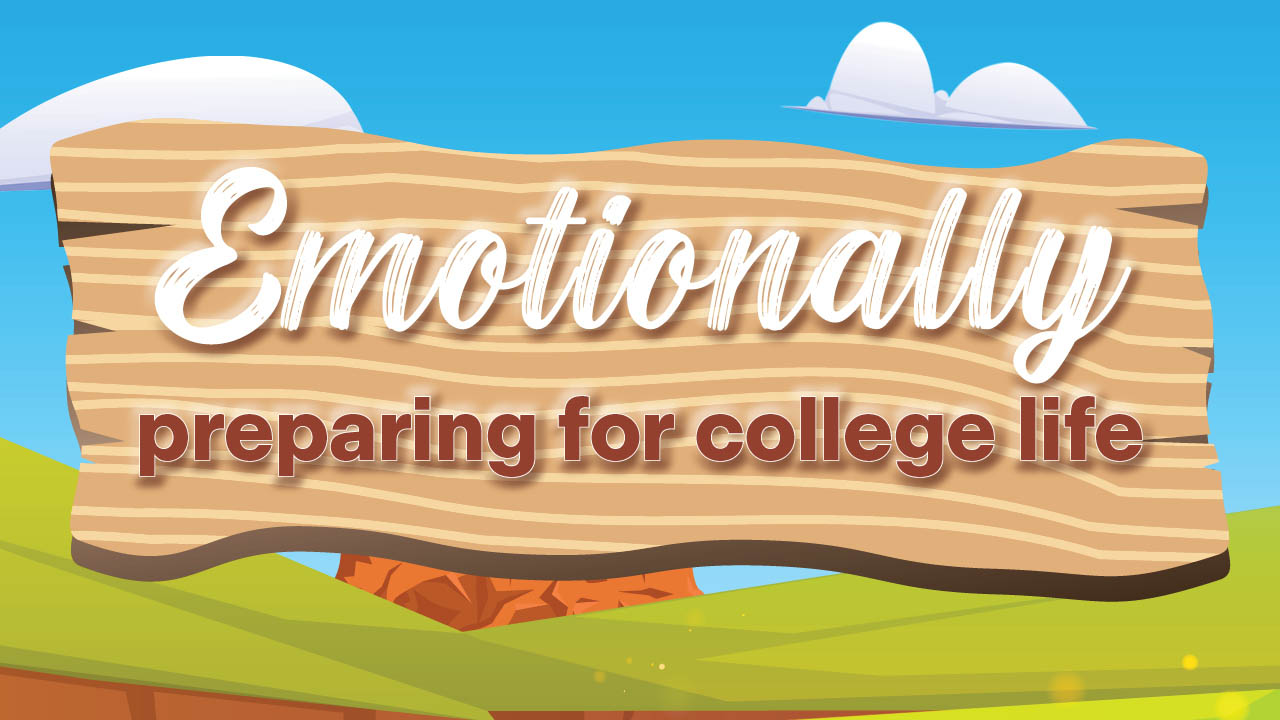Emotionally preparing for college life
 CREDIT: FSU PUBLICATIONS AND COMMUNICATIONS DEPARTMENT
CREDIT: FSU PUBLICATIONS AND COMMUNICATIONS DEPARTMENTAs the fall term begins, many students are eager to start college, but are they mentally prepared?
There is no denying that every new beginning is challenging, but with the right advice, college can be easy and fun.
Coming to college for the first time or returning to college can always be tricky because there are new schedules and routines students must adapt to, new faces and interactions every student has to manage, and new responsibilities students must adjust to.
This article will show tips every student can use to adapt to college life with mental peace and stability.
1. Take advantage of the college resources
Fanshawe has many resources for students. The best way to get the most out of those resources is to reach out and ask. Fanshawe International Education Advisor Nelson Melgar said that is can be challenge sometimes to reach students with all the resources available to them, so if students seek out help, they will be pointed in the right direction.
“It is impossible to advertise everything available in college because we have so many resources for students that it is impossible to cover them all,” said Melgar.
“If we are not the correct department for the student’s request, we will guide and connect the student with the right people.”
Fanshawe Code of Conduct Coordinator Ricardo de Souza added that many students struggle with their mental heatlh during the start of term.
“When a new Canadian or international student first lands here, they can feel overwhelmed. New country, city, system, and a new routine can be mind-blowing simultaneously,” said Souza.
Melgar said that for students having difficulties making friends, there are social programs and clubs that they can join to meet new people with common interests. Beyond that, the college also offers support for mental health.
“There are many…student counsellors available on campus. If they need more professional or intense treatment, we send them to the clinic,” said Melgar. “We have doctors and a referral system, so come and ask whatever you want from us.”
2. Be organized with your life
Being organized can be challenging for many students, especially if they are living independently for the first time.
Souza specified that keeping your finances in order is one area he knows students struggle with. He suggested making sacrifices and tracking your expenses to stay organized.
“There would be sacrifices because growing up means holding on to what you want to get what you need,” said Souza. “Sometimes students want to go partying and drink, but they should remember, they are on their own now, and every decision will have its impact.”
3. Relax and enjoy the ride
Anxiety is something most students face, but Melgar and Sozua both stressed the importance of trying to enjoy as much of your college experience as possible.
“Relax; take one step at a time. Think rationally. You are safe and here for a reason. You are working towards your goals. Good things take time,” said Melgar. “We have a lot of open spaces, games, clubs, parks and activities for students to distract and disconnect themselves a little from the chaos of the semester.”
Souza said the activities at Fanshawe aim to keep students engaged to avoid isolation.
“When students feel under pressure or depressed, they isolate themselves, which can lead to depression. That is the purpose of our activities, services and tools to help students feel more relaxed and an important part of the community,” said Souza. “There will always be problems and stressful situations in life, the difference is how we approach them.”
Souza and Melgar noted that everything is part of the adaptation process. They said that for some students, it can be chaotic; for others, it can be simple. That is the beauty and what makes everybody different and diverse. In the end, students have to trust the journey.
“What comes easy won’t last. What lasts won’t come easy,” said Melgar.

















